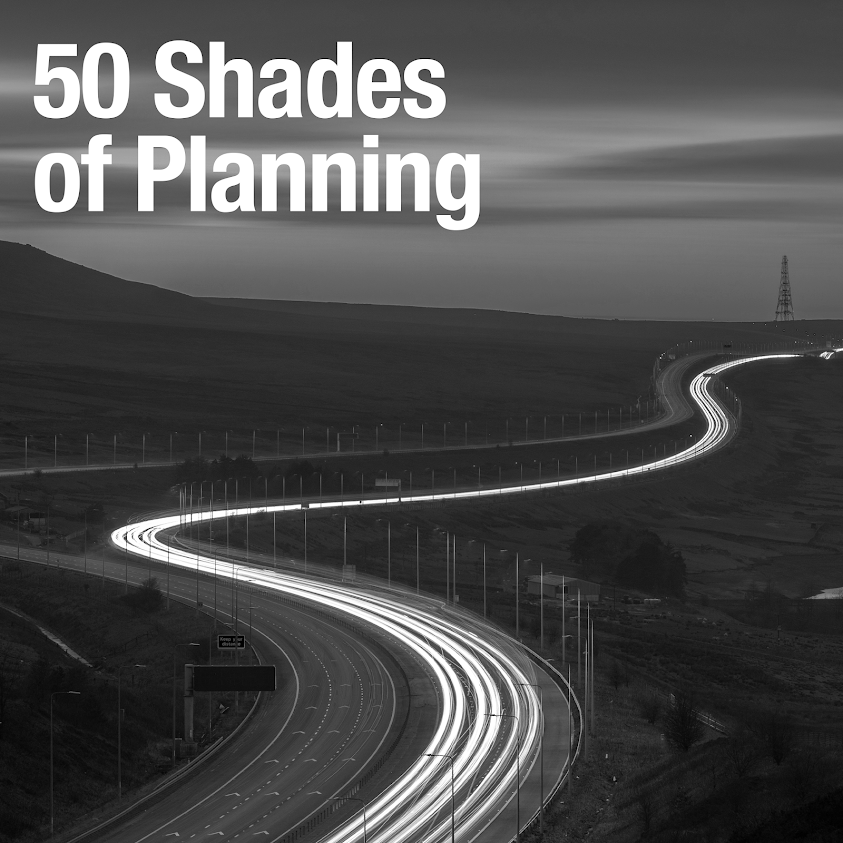Let's play a little word association game. A bit like Mallet's Mallet (for the readers who need to realise that knowing what this is makes you almost old...). Sam's Stick. Stafford's Staff. Anyway. You get the idea. I write a word, or words, you read it, and then lodge the first word, or words, that come in to your mind. Ok. Here we go. The Premier League... ..., ok... What did you think? Over-paid and over-hyped? Unmissable? Too many foreigners? Great brand? There is, of course, no right answer. Football is a game. A sport. It means lots of different things to lots of different people. Another one. The Turner Prize... ..., ok... What did you think? Cutting edge? Experimentation? Boundary-pushing? Indulgent nonsense? There is, of course, no right answer. Art is a diverse range of human activities and the products of those activities, usually involving imaginative or technical skill (at least according to Wikipedia). It too means lots of differen
